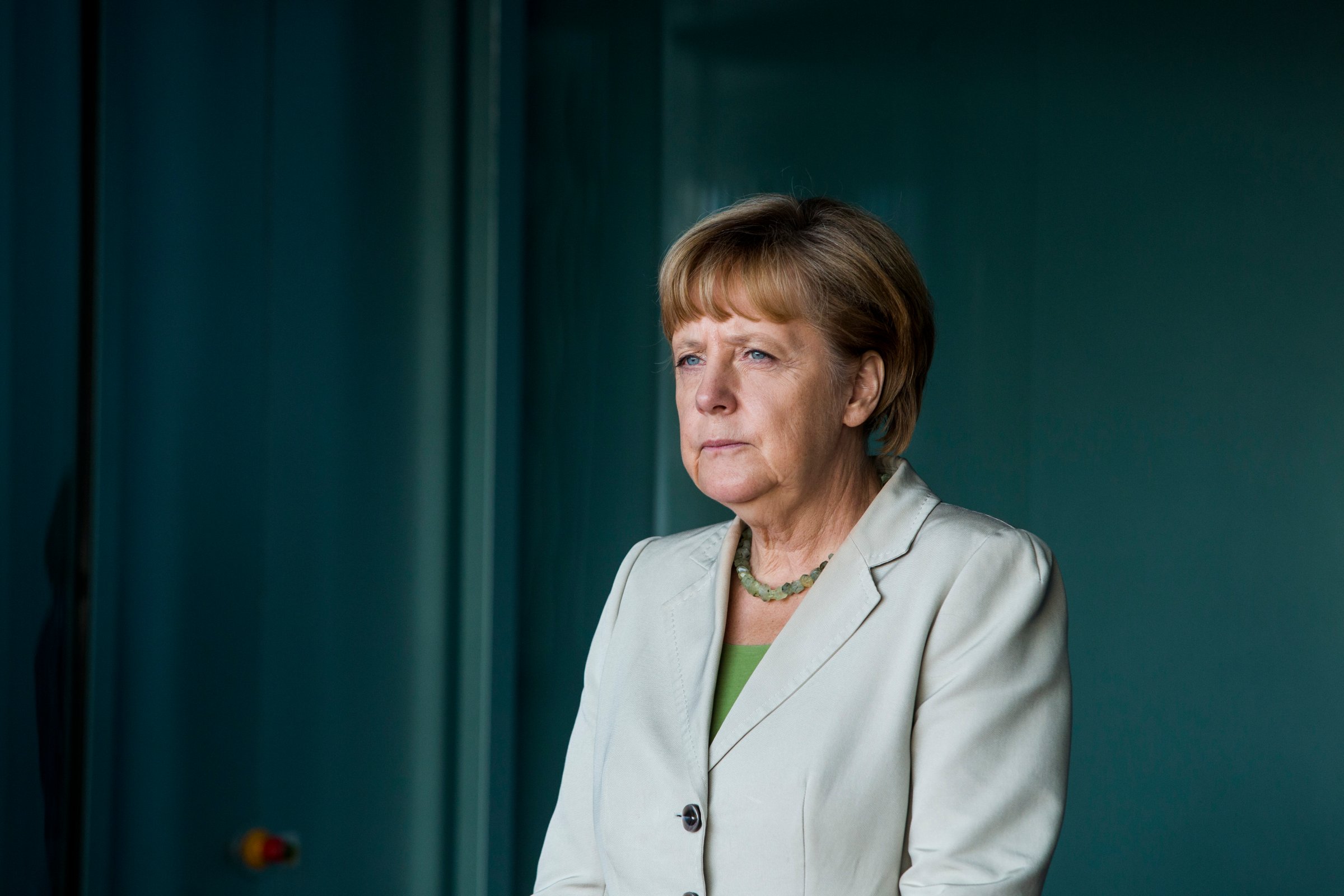
Angela Merkel will not seek reelection as Germany’s Chancellor in 2021 and will step down as the chair of her party this December, she announced on Monday, kickstarting a race among senior figures to be her successor.
Merkel’s decision to step down as party chair of the ruling Christian Democratic Union (CDU) means her successor will likely be allowed to use the position to increase their public profile before the next general election in 2021. After that election, Merkel is expected to bow out of German frontline politics.
Although Merkel’s current roles of party chair and Chancellor are customarily held by the same person, it is not a legal necessity. She has been chair since 2000, and Germany’s leader since 2005.
A regional election in the German state of Hesse on Sunday yielded poor results for Merkel’s CDU and her coalition partners the Social Democratic Party, (SDP) both of whom lost 10% compared to the last election. It is the latest in a line of weak performances for parties in Merkel’s ruling coalition, signalling a broader shift in German politics.
In Bavarian elections on Oct. 15, Merkel’s coalition partner the CSU lost its majority in the regional parliament for the first time since 1957.
And in both Bavaria and Hesse, the anti-immigrant Alternative For Germany (AfD) party vote surged, benefiting from voters unimpressed by Merkel’s 2015 decision to allow more than one million asylum seekers to settle in Germany.
Merkel has been in a difficult position since September 2017, when a national election left her party without an overall majority. It was not until March 2018 that a government was finally formed, when the SPD agreed to enter a coalition. She faced a further crisis over the summer, when her Bavarian coalition partners threatened to pull out unless she pushed for stricter policies on immigration at the E.U. level.
The results of the October elections in Bavaria and Hesse will be seen as a bellwether for the entire nation. Germany has become accustomed in recent years to governance by broad-based coalitions, but Merkel’s troubles indicate the political center ground is shrinking.
The decision to stand down from the CDU chairmanship signifies Merkel—who has been chancellor since 2005—is aware her time at the top of German politics is nearing its end.
More Must-Reads from TIME
- How Donald Trump Won
- The Best Inventions of 2024
- Why Sleep Is the Key to Living Longer
- Robert Zemeckis Just Wants to Move You
- How to Break 8 Toxic Communication Habits
- Nicola Coughlan Bet on Herself—And Won
- Why Vinegar Is So Good for You
- Meet TIME's Newest Class of Next Generation Leaders
Write to Billy Perrigo at billy.perrigo@time.com